Thinking ahead about learning spaces
VS at didacta 2023 / Digital learning - mobile furnishing
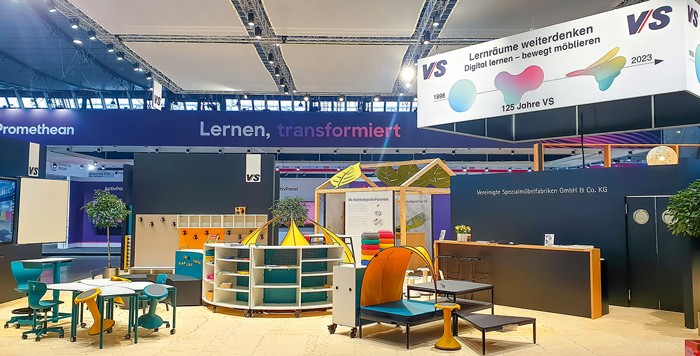
What requirements will schools have to meet in the future? How does digitality affect our learning culture? What role do spatial concepts play? We deal with these questions every day and also at didacta 2023 in Stuttgart.
What will the school of the future look like?
People are different. Fortunately. One of the tasks of schools is therefore to discover and nurture the individual talents of children and young people - one reason why teachers today often speak of their role as learning partners. Similarly, there is increasing talk of self-directed, self-organised or personalised learning.
Such a new learning culture needs spatial concepts to support it. At the same time, new spatial concepts help to initiate a changing learning culture.
Digital media and digitality in teaching
-
Digital media play an important role within and for new learning and spatial concepts. To avoid misunderstandings, digital media is not a tool that improves teaching per se. People are still needed for that.
However, digital media enable children and young people not only to acquire knowledge and basic skills, but also fundamental skills that they need in the age of digitality: networking with others and engaging in collaborative negotiation processes. This is the school of the future.
-
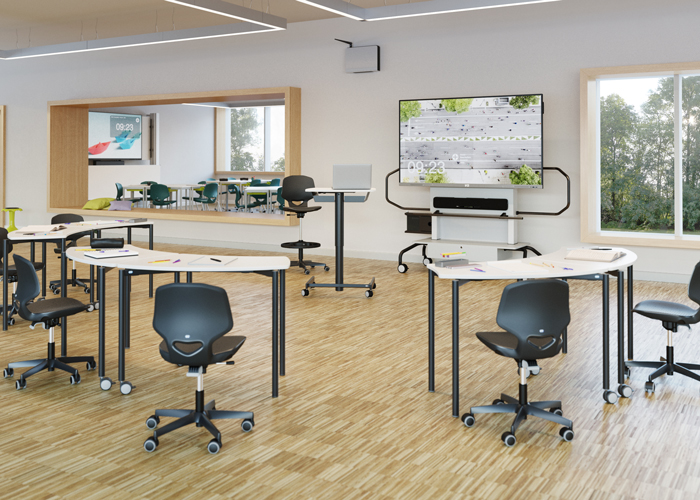
Turning learning into an experience
People learn best when they feel comfortable in the physical space and learning situation. The physical space is particularly important in this context.
That's why we think holistically about people, furniture and media and develop room concepts. This applies to teaching and learning spaces as well as teacher areas. As solution-oriented furnishings, our room concepts provide a stimulating and supportive working environment for innovation, participation and the development of potential. It is in such spaces that enthusiasm for learning can develop.
At our booth at didacta, we will be presenting ideas for new room concepts for learning. Always present: digital media - from whiteboards with interactive beamers to various interactive touch displays, also with additional analogue board surfaces. Our innovation: the ReCharge by VS concept for wireless charging of iPads.
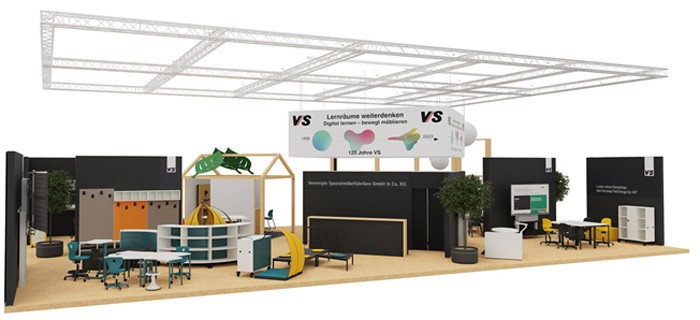
-
Primary school
Floor-level learning
When pedagogy, architecture and furnishing concept interact, spaces are created that promote learning. Such spaces have children with all their physical, mental and emotional needs in mind and make behaviourally appropriate offers - like our concept FloorFriends. It invites learning close to the floor, also in all-day care, and offers opportunities for retreat and child-friendly presentation. -
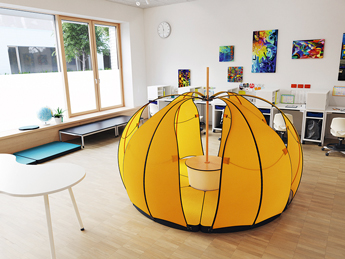
-
Secondary School
Furnish to the occasion
The focus in schools today is on planning the learning process. Traditional teaching methods are supplemented by forms of individual challenge and support. Rooms need to be prepared for this - with flexible, combinable furniture that makes change easy. This includes lightweight individual desks such as Tano or mobile storage furniture such as SPACE. -
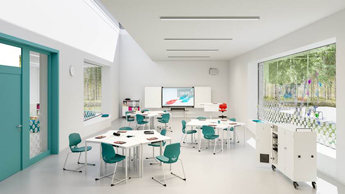
-
Areas for teachers
School as a workplace
The school is becoming the central workplace for teachers, not least because of all-day schooling. Teachers do not only work with pupils. They prepare lessons, correct tests, exchange information and take care of organisational tasks. So why not extend the teachers' room with a room-in-room module for concentrated work? And a lounge is an inviting place for relaxing moments. -
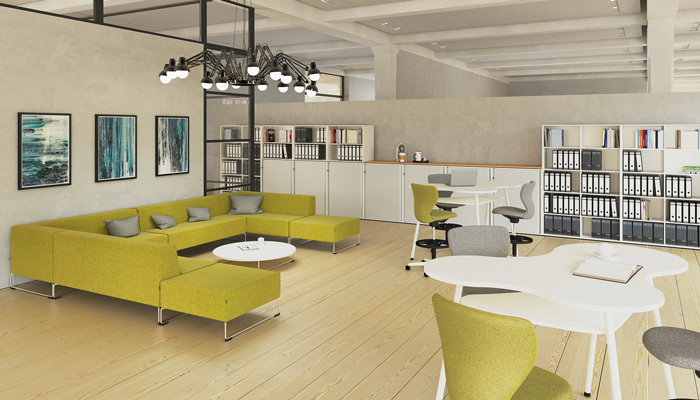
-
Erwachsenenbildung
Flexibel und unabhängig
Digital media also play an essential role in adult education. Teachers and learners are increasingly working without paper, whether in presentations or when taking notes. However, this also means that mobile devices - often iPads in the education sector - need to be kept sufficiently charged. Our concept ReCharge by VS makes charging easy. It lets you charge your iPad wirelessly right at your desk. -
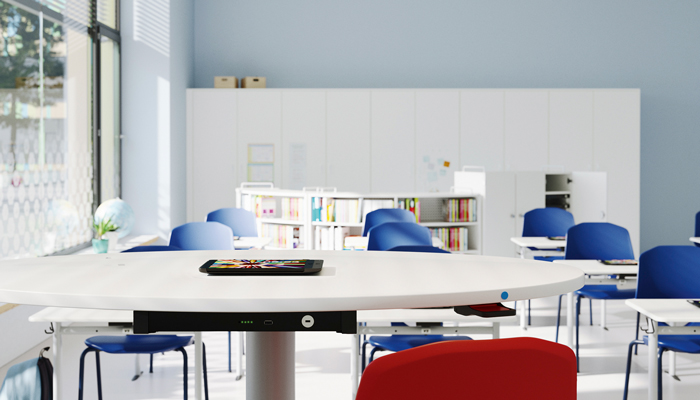
Sustainability at VS
As a company, we have long been committed to sustainability. In our Sustainability House at didacta, we make these topics tangible and show how we implement them in our company.
-
Recyclate
As a manufacturing company, we think in terms of material cycles wherever possible. That's why we've done a lot of research into recycled material and where we can use this more resource-efficient material. We have now changed the production of our three-legged chair VS Stakki. It is now made entirely from recycled PP. The shell of the NF chair is now also made from recycled material. Other products are being tested.
-

-
Certifications
We regularly have our products and company certified by independent bodies. We are particularly proud of the European LEVEL award. This European certification programme comprehensively defines the sustainability requirements that office and contract furniture must meet. It assesses the products, their production and the organisational framework. The standard has been accredited in Germany by DAKKS. VS was the first company to be awarded the European LEVEL for its products in 2019. All products have directly reached the highest level, level 3.
-
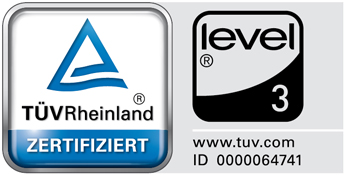
-
Product stewardship
We produce an Environmental Product Declaration (EPD) for each of our products. This describes the environmental impact of the product at different stages of its life cycle. For example, it explains how much recycled material a product contains and how little CO2 was emitted during its manufacture. It also shows other environmental impacts in a detailed Life Cycle Assessment.
-
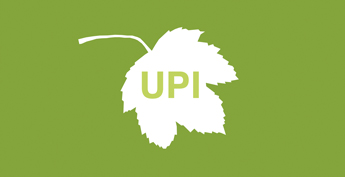
Contact
If you would like to know more, please contact us via our Kontaktformular.
-
For all Hokki enthusiasts, we are offering our wobble stool at a special price of 60 euros (sizes 38, 46 and 51 cm) from the start of the fair until 30 April 2023. All info on our special Hokki page.
-
